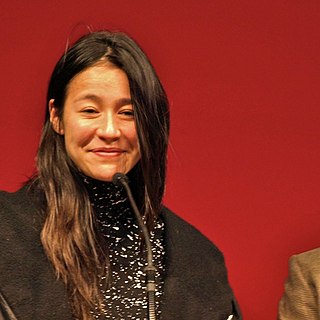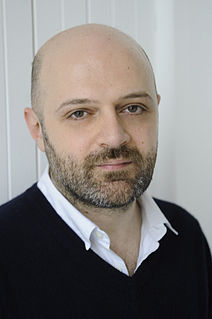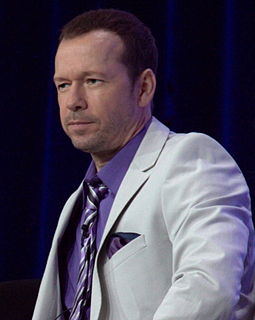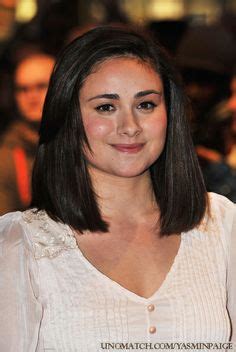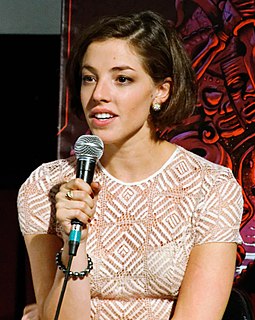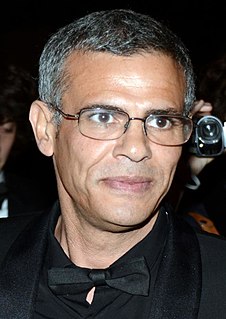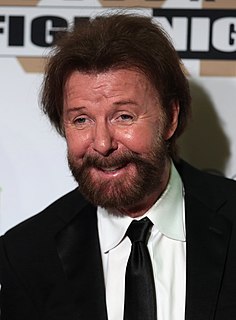A Quote by Elizabeth Chai Vasarhelyi
The cinematography and the conditions in which 'Meru' was filmed drew me to the project. It's remarkable to think that everything in the film is real; these three men set out to attempt this impossible climb and to film it at the same time.
Quote Topics
Related Quotes
Cinematography was incredibly foreign to me, so I read as much as I could about it. Once I figured out that it was just photography with a set shutter speed, I got some slide film and I just went about storyboarding the script and taking snapshots. I took a ton of time doing it just to make sure I knew exactly what I was doing. By the end of it I knew what the film was going to look like - my exposure and the composition and everything. I wasn't scared of cinematography anymore.
You also convert real memories, whatever that means, into film versions of those memories. Because by the time you've finished the project you can't remember the real memories anymore, you just remember the film versions of them. And then if the film failed you have distaste for them. So I don't think about that stuff anymore.
Tobin Bell wasn't obligated to do the second Saw film but he wanted to. I think they brought me into this film because there's a first time director, and my reputation is one of an actor who's there for the betterment of the project. I'm not there to better myself. I'm there to bring all my resources to the project to make it as good as it can be. In the end, that makes everyone look good.
Me and Kirby are very collaborative and it changes from film to film. The first project we worked on together, Derrida, we co-directed. The last film Outrage, I was the producer and he was the director. This film was much more of a collaboration - he is the director and I am the producer - but this is a film by both of us.
I never worked on different films at the same time. I made one by one. I never made two or three films together. This is impossible! I only have one head. It is impossible for me to think about two films at the same time. There are a lot of these legends about me, and I don't know why. I'm not a legendary man. But the people all the time say I make three films at the same time, and it's not true. Don't believe these kinds of things.
You know, in an ideal world, people would just be intrigued and go and see a film without knowing anything about it, because that's where you're going to have the most experience of a film, the biggest, the most revelation of a film. But at the same time, I think there are benefits of having seen a trailer where you actually look forward to seeing moments in a film knowing that they're coming up. I don't know which is better.
This film [ Blue is the Warmest Color] actually is the result of me talking with my producer Vincent [Maraval]. I gave him a bunch of ideas and then Vincent helped guide me and develop this particular film. I enjoy that rapport to have somebody else help guide me in my choices for the next film. The poetic way of looking at it is which project is going to choose me as a director.
I carry my own film guys with me now. People think that's a huge expense, but with technology like it is these days, it's not. You can film videos and everything with a Canon Mark II, and shoot a movie. They're doing it for next to nothing, by comparison. I can do ten videos for a project for the price of one mainstream video in the past.
